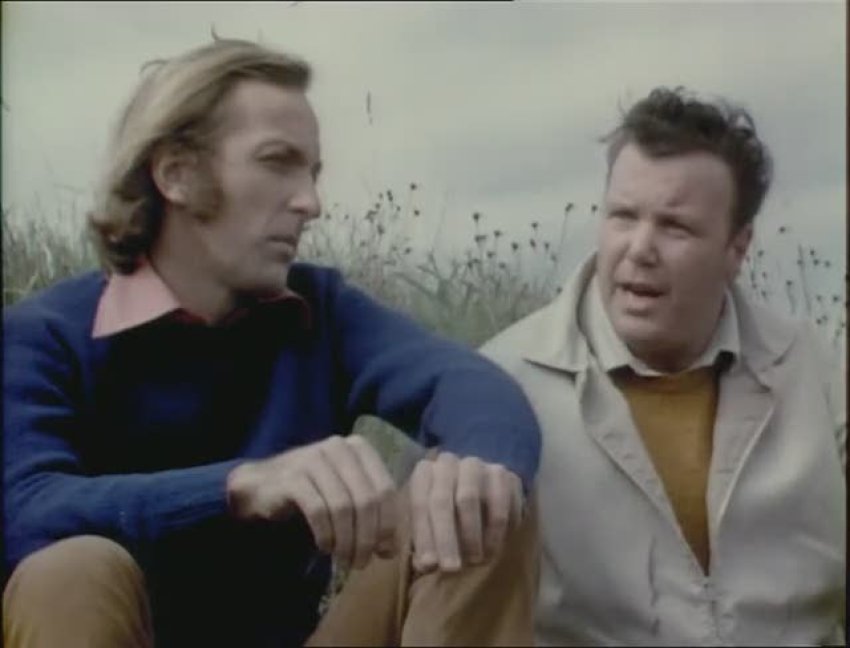

Investigating the plight of working Britons who feel they have no say in their future.
“Jack Walker represents the silent CORE of this country, those millions of average Britons who feel they have no voice in 1971, who have little power to control their way of life… It is the Jack Walkers who pay the majority of this nation’s taxes and yet take home a wage which barely accounts for a decent existence.”
In 1971, John Pilger travelled to the West Yorkshire industrial town of Keighley to make his second and final documentary for World in Action. Conversations with a Working Man, directed by Michael Beckham, features 36-year-old Jack Walker, a dye house worker, and is intended to present the views of a rank-and-file trade unionist: his life, struggle and hopes.
This family man is seen leaving his council house to catch a bus at 6am and arriving at the textile dye house half-an-hour later. He talks of his attachment to the machines, including “Big Bertha”, and working in temperatures of up to 120 degrees centigrade to earn £20 a week take-home pay. Alongside this, Pilger juxtaposes the monotonous working day of Walker’s wife, Audrey, on a pram factory production line for £10 a week.
At home, Walker – who had been sacked from a previous job for going on strike at another dye works – enjoys growing marrows, leeks, potatoes and flowers in his garden. His biggest hope is for his daughter, Beverley, to go to the local grammar school and never to have to work in the mills. The family are seen on their annual holiday in Bridlington, staying at in a guesthouse on a ‘bed and cruet’ basis, where the landlady cooks the food they have bought.
Walker’s ambition is to accumulate £500 to give to his daughter on reaching the age of 21 or getting married, “so that she’s got a better start than me and her mother had”. This film expresses John Pilger’s belief that working people are seldom allowed a place in an essentially borgeois media on their own political terms.
Conversations with a Working Man (World in Action, Granada Television), ITV, 7 June 1971
Producer-director: Michael Beckham; co-producer: John Pilger (27 mins)


